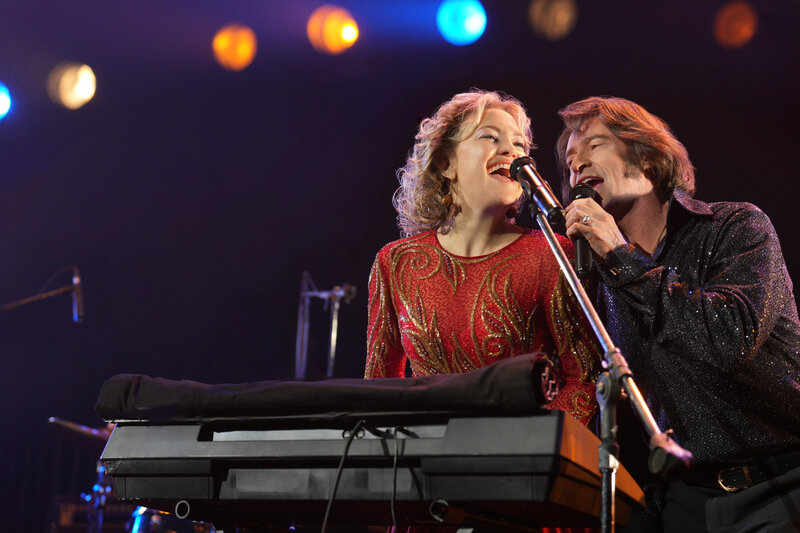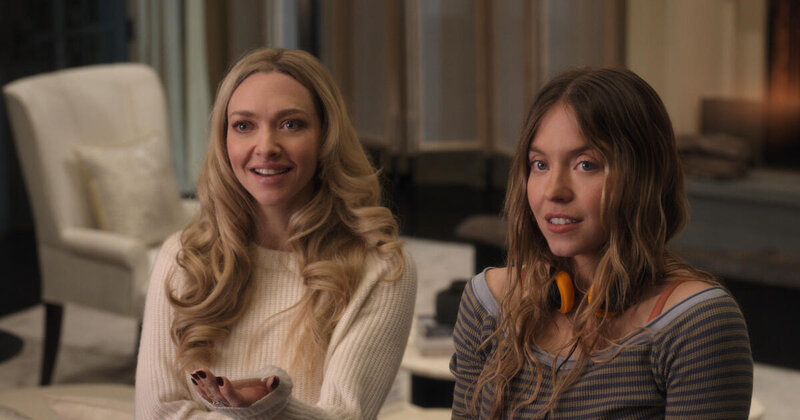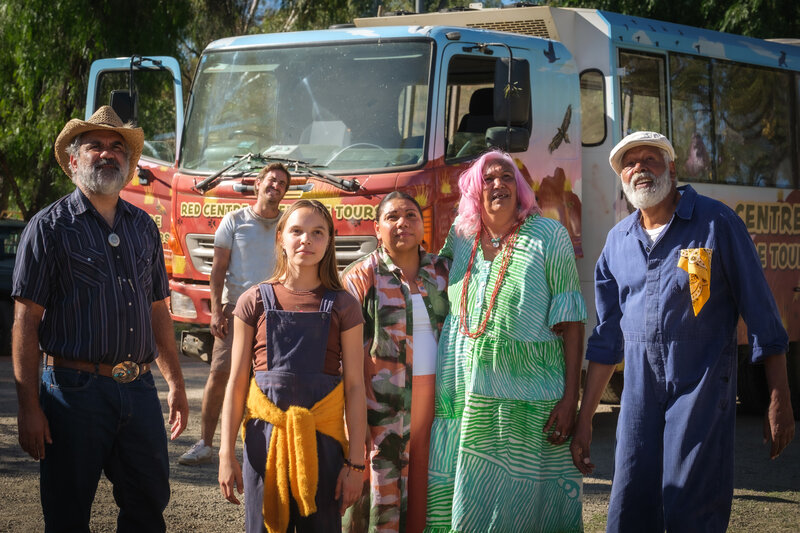As cultural touchstones go, few are as storied – or problematic – as Dune. Frank Herbert’s dense 1965 novel was (and is still) regarded as a breakthrough in the sci-fi genre, spawning a sometimes-fanatical following. The book was often considered unfilmable – something reinforced by Alejandro Jodorowsky’s failed attempt at it in the 1970s. Then David Lynch succeeded in bringing the story to the big screen in 1984, but the film flopped. A miniseries for the Sci-Fi Channel followed in the early 2000s. And now acclaimed director Denis Villeneuve (Blade Runner 2049) picks up the baton with what is already shaping as the quintessential adaptation.

This Dune is a far more considered and mostly reverential take on Herbert’s novel – or should I say, part of that novel. The film basically covers the first half of the book. The remainder awaits in a now green-lit sequel. If you recall with the Lynch film, much of this will be familiar. But Villeneuve introduces a very different look and feel. This is a sombre, almost devotional, Dune that – mostly – treats the novel as canon. But far from being stodgy space opera, it ends up as something almost transcendent of it source material.
The basic background involves an empire that rules a number of planets via a fiefdom system. One of those planets is the desert world Arrakis – the “dune” of the title. House Harkonnen has ruled Arrakis for many years. The Harkonnens have grown rich harvesting “spice”, a substance vital for inter-stellar travel that also happens to be a psychedelic. But in the process, they’ve cruelly oppressed the local Fremen people. Now the Emperor has ordered the Harkonnens to leave Arrakis. In their place, he appoints Duke Leto Atreides (Oscar Isaac), the head of House Atreides, to take over. The noble house values reason and service, so seems a good fit after the tyranny of the Harkonnens.
The appointment means the Duke has to re-locate his family – his partner Lady Jessica (Rebecca Ferguson) and son Paul (Timothée Chalamet) – to Arrakis. They arrive there to find the Harkonnens have left behind crumbling infrastructure and equipment. So producing spice in the already brutal environment will be challenging. That may be the least of their worries though. Paul experiences vivid dreams about a Fremen woman (Zendaya), even though he’s never met her. The dreams seem to portend something, but exactly what isn’t clear. But a fiendish twist orchestrated by the Harkonnens will throw House Atreides – and the whole of Arrakis – into chaos.
Villeneuve collaborates with powerhouse scriptwriters Jon Spaihts (Doctor Strange) and Eric Roth (Forrest Gump) on the screenplay. The result is a dense and generally faithful adaptation of Herbert’s work. They’ve somehow managed to take even the silliest parts of the book – like levitating bad guys and giant sand worms – and make them believable within the world of the film. One problematic aspect of Dune the novel has always been its “white saviour” undertones. So far (remember, this is only half the book) they’ve managed to steer clear of that. While the character of Paul remains intact, the way they’ve structured his interactions is considerably less on-the-nose.
I know things have changed since the pandemic, but Dune is a film that needs to be seen in a cinema, on a big screen. This is spectacle writ large. Its visuals are stunning thanks mostly to DOP Greig Fraser (Vice). Obviously, CGI needs to be used extensively, but it’s integrated so seamlessly into the picture, the dividing line virtually disappears. Hans Zimmer’s score however is a bit distracting and overwhelmed some dialogue in key scenes.
Timothée Chalamet (Little Women) is the putative lead, but his performance is somewhat underplayed (which may be a directorial choice). The character is quite passive. Things happen to him, rather than him making them happen. So Chalamet doesn’t much to work with in this film, and he’s somewhat overtaken by other performances. Oscar Isaac (Annihilation) seems to have gone from being “that guy” to “father of that guy” surprisingly quickly. But he dominates every scene he’s in here. Stellan Skarsgård gets a chewy role as the malevolent Baron Harkonnen, but other big names have small – almost cameo – roles. They include Zendaya (Spider-Man: Far From Home), Josh Brolin and Javier Bardem. The real star here though is Rebecca Ferguson (Reminiscence) who imbues Lady Jessica with a fierce determination that carries the film forward.
Dune *part one* is a remarkable achievement. The reverent script, the incredible visuals and the sheer attention to detail (just check out those dragonfly choppers) are all breathtaking. Although So even though this probably isn’t my absolute favourite Villeneuve film, I for one will be lining up for Dune: Part Two.
David Edwards
Other reviews you might enjoy:

David Edwards is the former editor of The Blurb and a contributor on film and television






2 thoughts on “Dune – movie review”
Comments are closed.